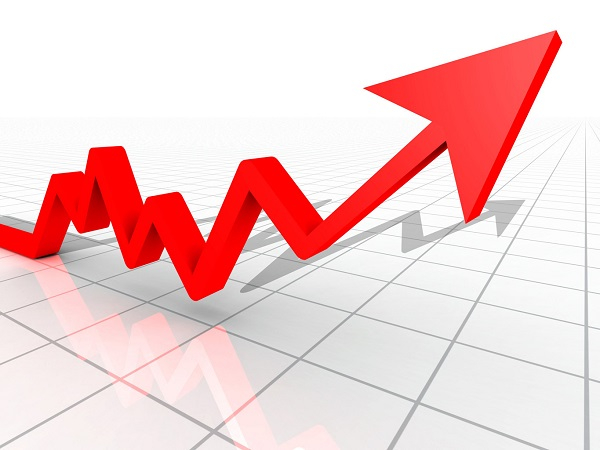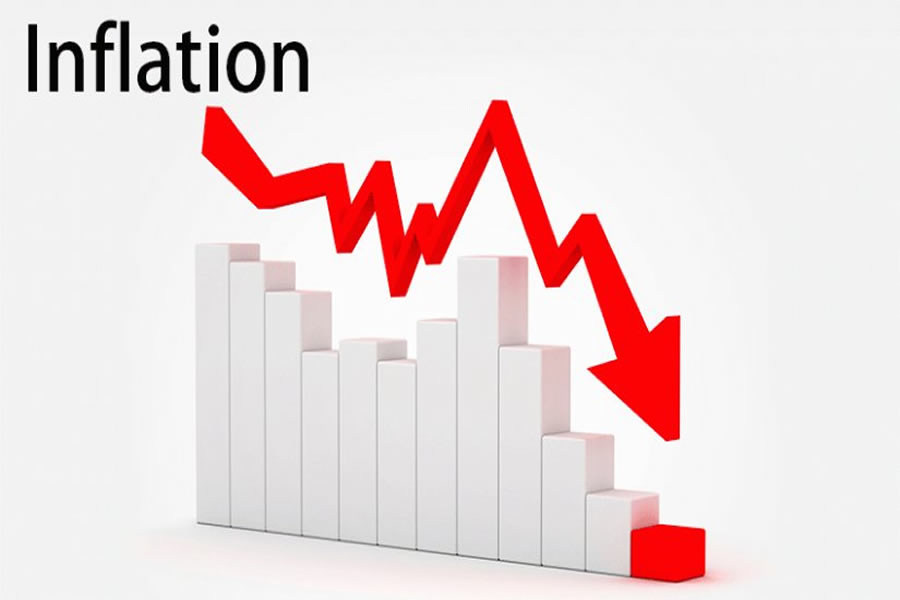UK’s annual consumer price inflation rate unexpectedly rose to 3.6% in June, its highest level in over a year, according to official figures released on Wednesday.
Gatekeepers News reports that this surge has slightly dampened expectations for further cuts in Bank of England interest rates.
The Office for National Statistics (ONS) reported that the annual CPI rate increased from 3.4% in May, surpassing economists’ forecasts in a Reuters poll. Higher costs for motor fuel, air fares, and train tickets were the primary contributors to the rise in inflation.
Food and non-alcoholic drink prices were 4.5% higher than a year earlier, the largest increase since February 2024. Finance Minister Rachel Reeves stated, “The government is supporting living standards for working-class households through a higher minimum wage, a cap on bus fares, and free breakfasts for younger school-age children.”
Deutsche Bank Chief UK Economist Sanjay Raja noted, “There’s enough of a slowdown in GDP and the labour market to warrant a ‘gradual and careful’ easing of monetary policy. But the onus now rests on the labour market to shape how far and how fast the MPC can cut this year and next.”
The Bank of England (BoE) has cut interest rates by four quarter-point steps since August, and economists forecast two more quarter-point rate cuts this year. However, some BoE policymakers are concerned that skills mismatches in Britain’s labour market and other supply constraints will keep wage growth running too fast for inflation to return to target.
Ruth Gregory, deputy chief UK economist at Capital Economics, said, “The risk is that this increase proves more persistent and rates are cut more slowly than we expect, or not as far.” Matt Swannell, chief economic adviser to EY ITEM Club, added, “The fall in inflation is likely to be gradual, reflecting ongoing stickiness in the services category.”










